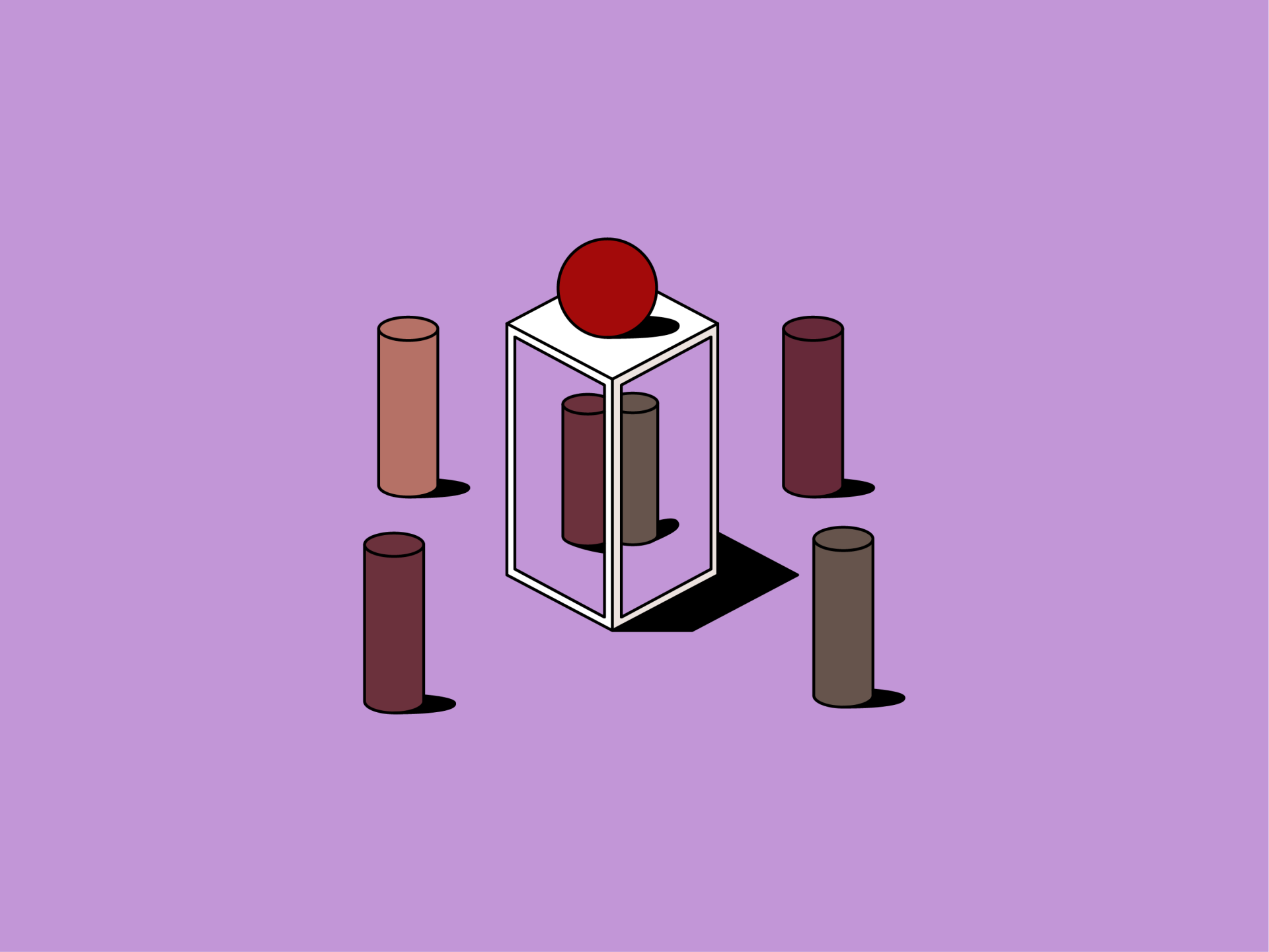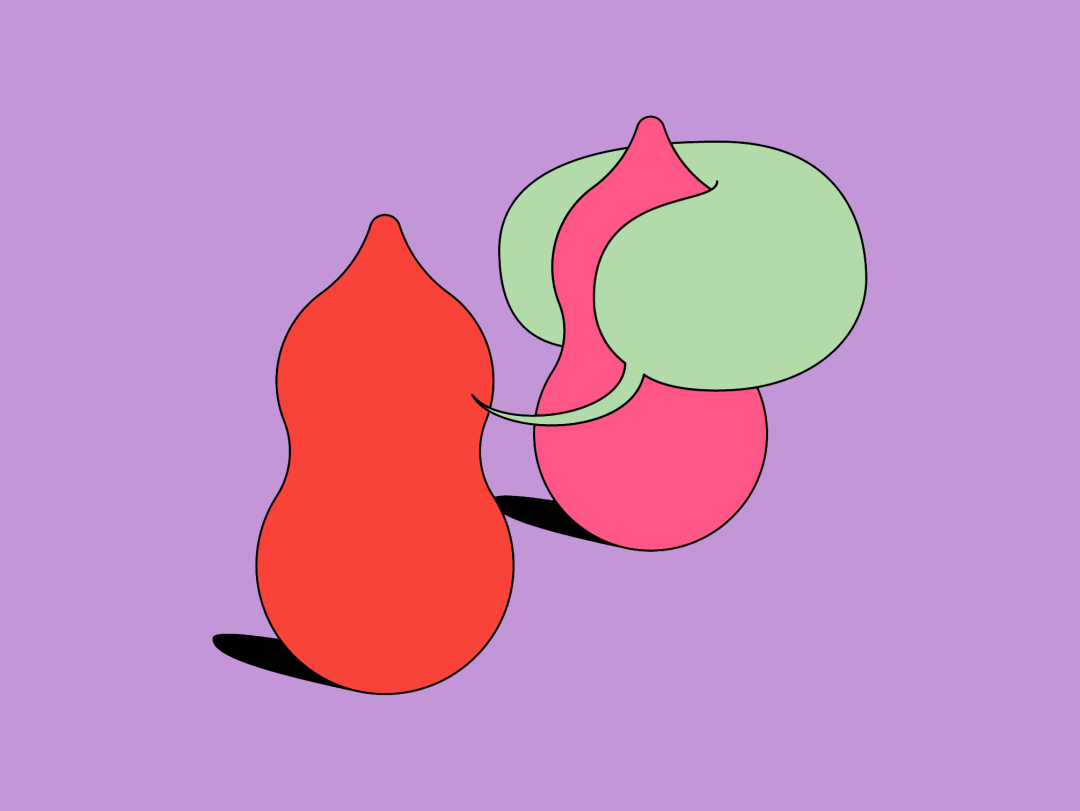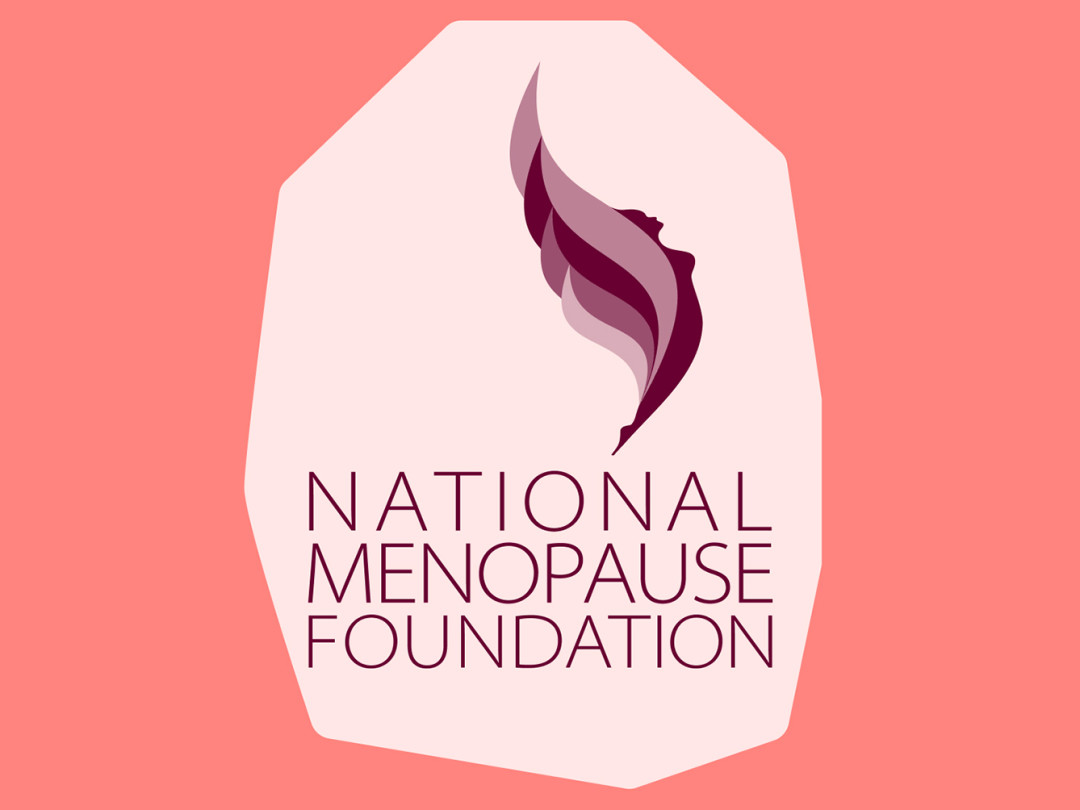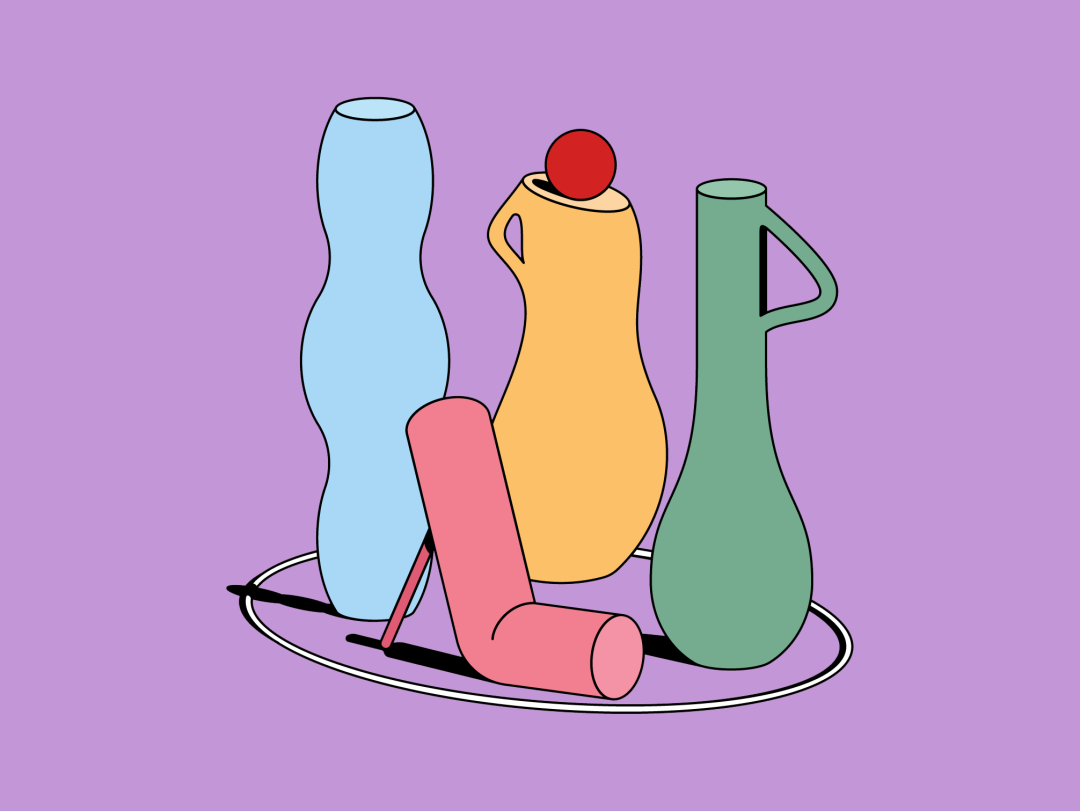Sign up to stay in the loop on new styles and sales!
Sign up to stay in the loop on new styles and sales!
#crowd-sourced
Exploring Period Taboos in the Black Community
voices
·5 min read

by Toni Brannagan | 02/21/2019
While it’s easy to call the menstruation experience something that is stigmatized for *all* people with periods, it’s important to acknowledge the unique issues black women face. Last month, we shared Tiffanie’s story about tackling menstruation stereotypes in her community, and we wanted to expand on the subject after your amazing feedback.
“The older black women in my life often made me feel bad about my period. Things like reproductive health and mental illness have always held stereotypes in the black community, leading to shaming instead of educating and denying instead of embracing,” Tiffanie explains. “But it’s not their fault — the way the black community treats menstruation stems from decades of internalized racism and classism. Black people’s feelings of self-worth have long been tied to our appearances: how “clean” we are, and nothing is seen as more “dirty” than period blood.”
Elevating the voices of women of color, and specifically black women, is especially important — without creating space to include everybody’s stories, it’s far more likely that some people’s experiences will be overlooked.
This month, we reached out to some of our #THINXLeaders to share their unique menstruation experiences, in their own words:
“I remember eating two bowls of Fruity Pebbles the day I got my first period. It was two weeks before my 13th birthday in the middle of a hot summer in Mississippi.
Any knowledge regarding my cycle was vague. After I began to roll around the hard, carpeted floor in agony, my mom finally told me what was happening. Lovingly, she let me know I was now *a woman*.
She fixed me a glass of orange juice, two pain pills, and left for the store for what seemed like hours, returning with diaper-like pads. By then, my aunts and grandmother had come home too, so everyone knew… and I was mortified.
After I got my period, I was just as clueless about it, and my body (hello, boobs!), as I had been before I got it. Unfortunately, my story is similar to many other women in the black community, because it is a taboo subject — as long as you don't get pregnant, it typically isn't discussed beyond borrowing a pad (or, God forbid, in a religious household, a tampon) from a classmate or cousin.
Now that I'm a woman who has come into her own, the only thing I want to do is educate and empower other people with periods to get past the shame and trauma, and to break societal norms in the black community when it comes to our bodies — bodies that are beautiful, powerful, and *nothing* to be ashamed of.”
- Annisa
“I was 12 years old when I had my first period, and I was not excited about it at all. I had horrible cramps, had to take Tylenol daily for the 5 days of my cycle, and my asthma medication caused large, painful clots.
My mom prepared me, so I knew where the sanitary napkins were when I saw the blood, but my mother did not allow my sister and I to use tampons. I think she was worried about toxic shock syndrome. I was usually the only black girl in my class; most of the girls I went to school with used tampons and I always felt like I was wearing a diaper with sanitary napkins. I don’t remember ever really talking about it too much with anyone.
Fast forward and I’m now 42-years-young, I am very excited to receive my period every month, since I am 42 and still want to have babies. I also figured out how to decrease the pain by taking meds a few days prior (I call it pre-gaming). When I parent my future daughters I will teach them the way my mom taught me because she did a great job preparing us to become women.”
- Renee
“For me, a huge party of managing my cycle is celebrating my body, since historically, the bodies of women of color have been exploited to the privileges and comforts of others. Growing up, my mom always said “respect your body,” and now as an adult in the midst of a pivotal political climate for women of color, I understand this more than ever.
So how do I celebrate my body? I commit to taking care of it through self-care and health education.
Skincare is a biggie for me. I do weekly masks and really monitor how my skin is responding, especially during my period. I also practice daily gratitude affirmations, and have found an amazing gyno who really listens, educates, and empowers me on making decisions regarding my health.
This form of self-love is not only prevalent when I am on my period, but a daily practice to smash stigmas of how black women’s bodies should be viewed and treated. It all starts with SELF.”
- Olivia
“Much of the stigma around menstruation in the black community stems from a lack of conversation around the topic. In some parts of the world, the shame of bleeding is forcing young women away from education and even their families.
From the use of unsanitized cloths to chemical-filled tampons, women are not getting the reproductive care products they need and it speaks volumes as to where our priorities are as humans, creators, and buyers. Why are we not working to ease this ancient growing pain?
Young women of color are not taught to properly care for themselves while menstruating. Many schools lack proper sex ed, which perpetuates cultural boundaries that allow for the stigmatization of female bodies and the shame around periods.
We must combat this with access to better education that allows for revolutionary women from legacies of brilliance to bleed comfortably and confidently.”
- Halle
“My period never felt empowering or safe. I will always remember that morning, and when I noticed the blood on my legs. I was 10 years old. It was my favorite day of the week because I had swimming class.
Mum was calm yet confused. “It’s too early. She’s still going to primary school,” she said to my 15-year-old sister.
But it was happening regardless of whether we were ready or not. I didn’t want to miss swimming class—I loved it so much—so there was only one option: putting in my first tampon. I didn’t like that I had to put something up there, it felt like a doctor was supposed to help me. It felt both medical and sexual. It felt wrong.
When I shared the story of my crazy morning with my girlfriends at school, they were jealous and impressed… I was a woman now, so I would be the only one getting the attention of the boys. I didn’t understand, and didn’t want to. I already had more curves and boobs than the other girls, I didn’t want to be the one older boys would look at even more.
My first period was a surprise (and a trauma!), but I proudly decided to fight the stigma from Day 1 — menstruating didn’t mean it was okay for me to be sexualized, or for womanhood to be projected onto me if I wasn’t ready for it.”
- Celia
How did the menstruation taboo affect your period experience? Share your story with us in the comments!
If you’re interested in getting involved with the THINX Leaders Program, fill out this survey!
Toni Brannagan is a writer and was the former Copy and Content Manager at Thinx.
by Toni Brannagan
discover more topics
more from voices

Why We Need to Change the Way We Talk About Periods
by Keeley McNamara, CNM, and Jen Swetzoff
07/17/2023

